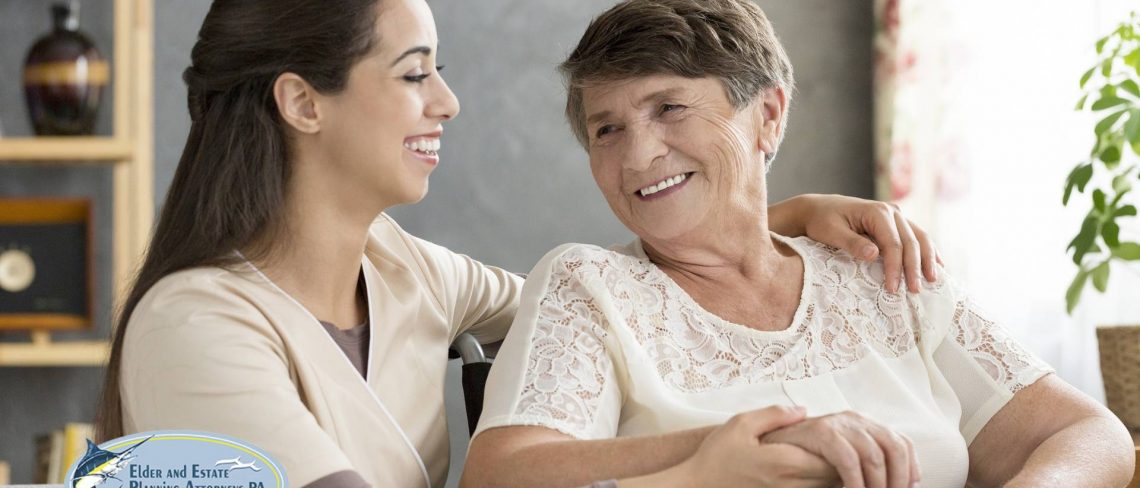Did you know that Friday, April 16, 2021, is National Clean Out Your Medicine Cabinet Day? With social distancing measures still in place, and everyone still spending lots of time at home, it can be a great time to participate in cleaning out your unused or expired medication. Doing so on this day can be great preparation for National Drug Takeback Day, when local businesses, doctor’s offices and pharmacies will have collection bins where you can safely dispose of your medications.
One important reason to clean out your medicine cabinet may be that expired medication can be potentially harmful. First, there may be a direct risk that other people could get into unused or expired medication that they should not be able to access. For example, many common medications are safe when taken as directed and within their shelf life but can turn toxic over time after their expiration date. Tetracycline is a great example of this. Similarly, many over the counter medications are safe when taken as directed, but not so safe after they expire, and your kids or spouse may forget to check the date on the bottle before popping it open. It may be best to keep a regular eye on expiration dates and dispose of medication promptly to avoid this. Of course, there are also many people in our communities who struggle with substance abuse, whether opioid addiction or a different drug problem. Many prescription drugs can be misused or abused, with fatal effects.
You should not throw medication in the garbage. Medications thrown into the garbage can leak into the soil and can cause toxicity in the environment. You should not flush medications down the toilet either, as they then leak into the water supply, with harmful effects on both humans and wildlife.
On National Clean Out Your Medicine Cabinet Day you can clear out any unused, expired, or otherwise unwanted medications and keep them in a safe and secure place. The following weekend is National Drug Takeback Day. At that time, you should be able to dispose of your medication in one of many collection areas in your community.
Do you have questions? Please contact our law practice to learn more. We are here for you. Elder and Estate Planning Attorneys PA, is a law office small enough to provide personal service but large enough to provide service in Palm Beach, Martin, St. Lucie and Indian River Counties.








